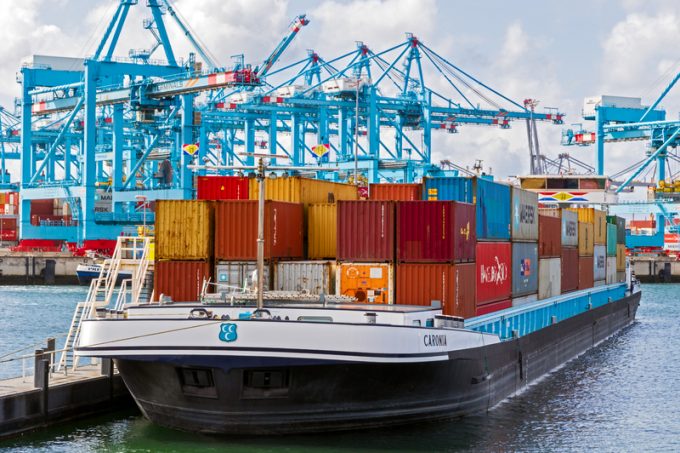Index-linked agreements: 'shippers have to have the stomach for them'
Shippers pondering the pros and cons of index-linked agreements (ILAs) “have to have the stomach ...

Storms and shipping surcharges are heaping misery on cargo owners waiting for freight on Northern Europe’s beleaguered inland waterways.
Over the past fortnight, wait times at Rotterdam’s barge terminal have more than doubled, to 77 hours and, while Antwerp’s congestion has decreased slightly, shippers are still waiting more than a day for any sign of their cargo out of the Belgian port.
SeasC4U’s Gunther Ginckels told The Loadstar he had been acting as a “confessor, allowing barge owners to ventilate their frustrations” ...
Asia-USEC shippers to lose 42% capacity in a surge of blanked sailings
USTR fees will lead to 'complete destabilisation' of container shipping alliances
New USTR port fees threaten shipping and global supply chains, says Cosco
Outlook for container shipping 'more uncertain now than at the onset of Covid'
Transpac container service closures mount
DHL Express suspends non-de minimis B2C parcels to US consumers
Zim ordered to pay Samsung $3.7m for 'wrongful' D&D charges
Flexport lawsuit an 'undifferentiated mass of gibberish', claims Freightmate

Comment on this article